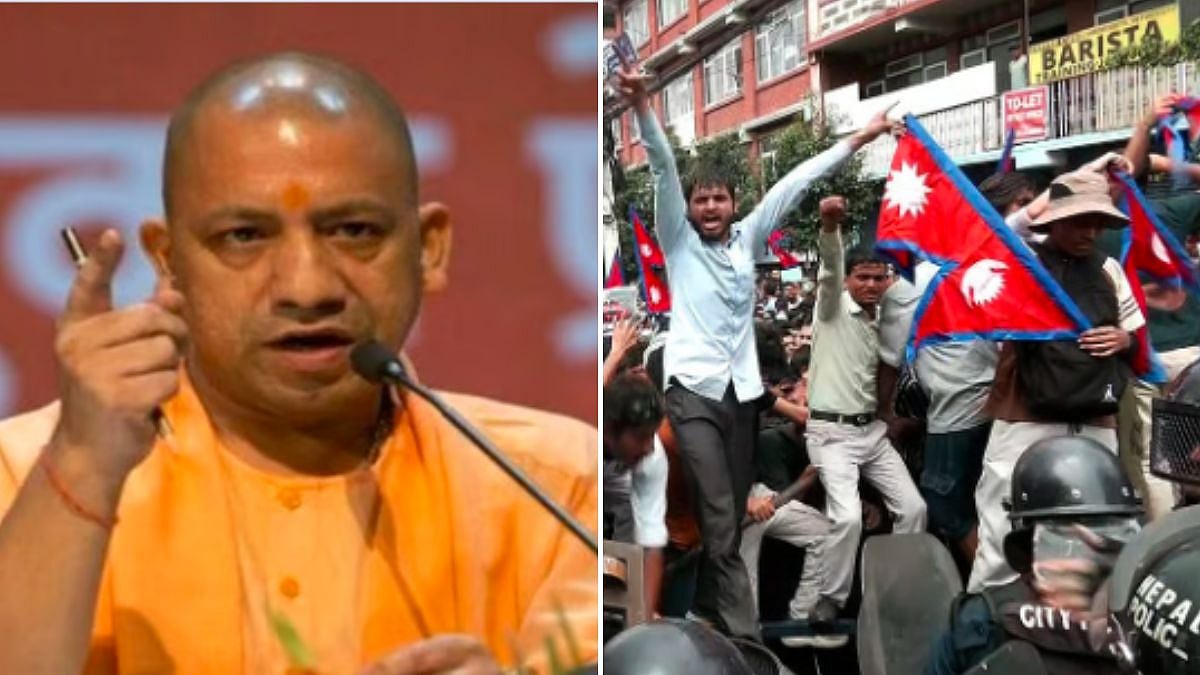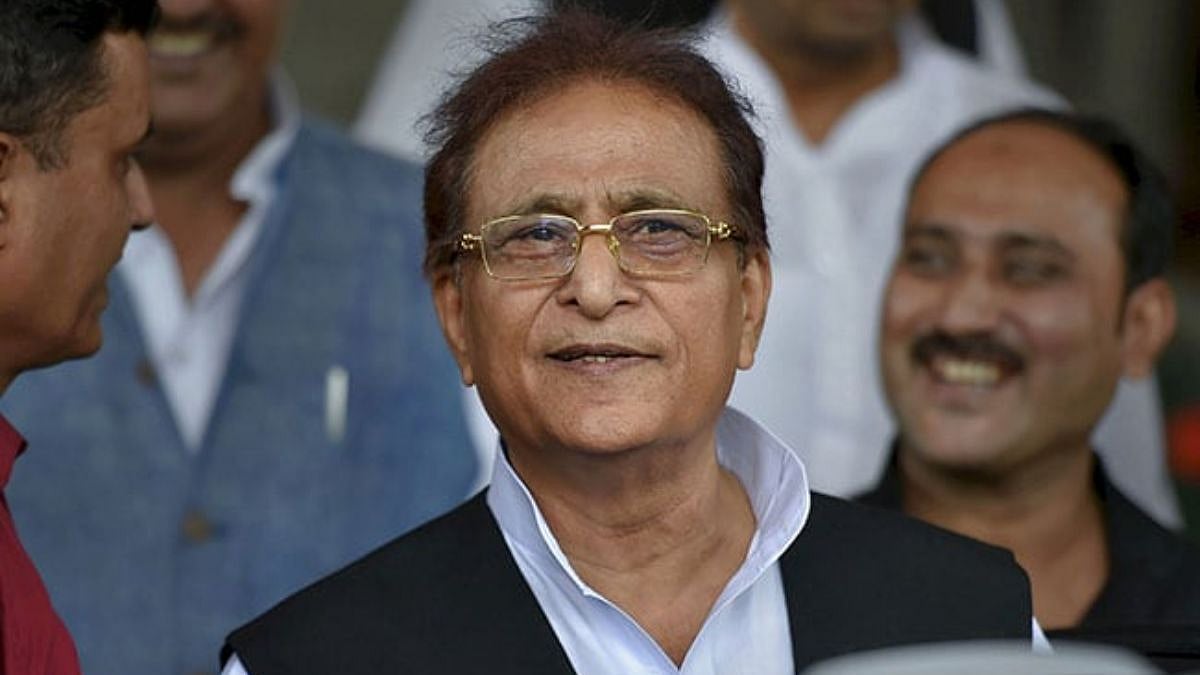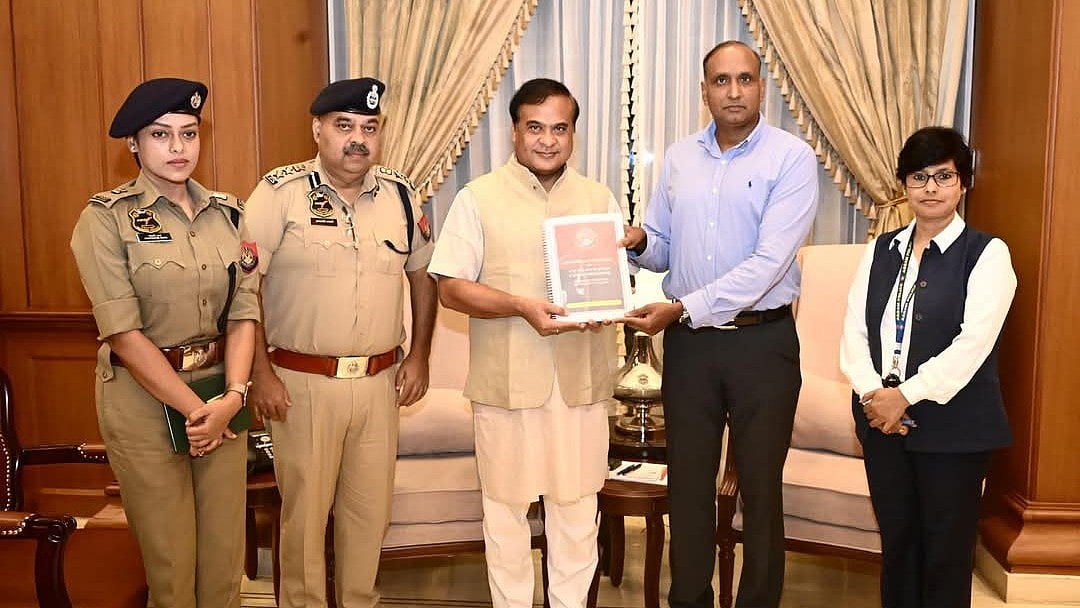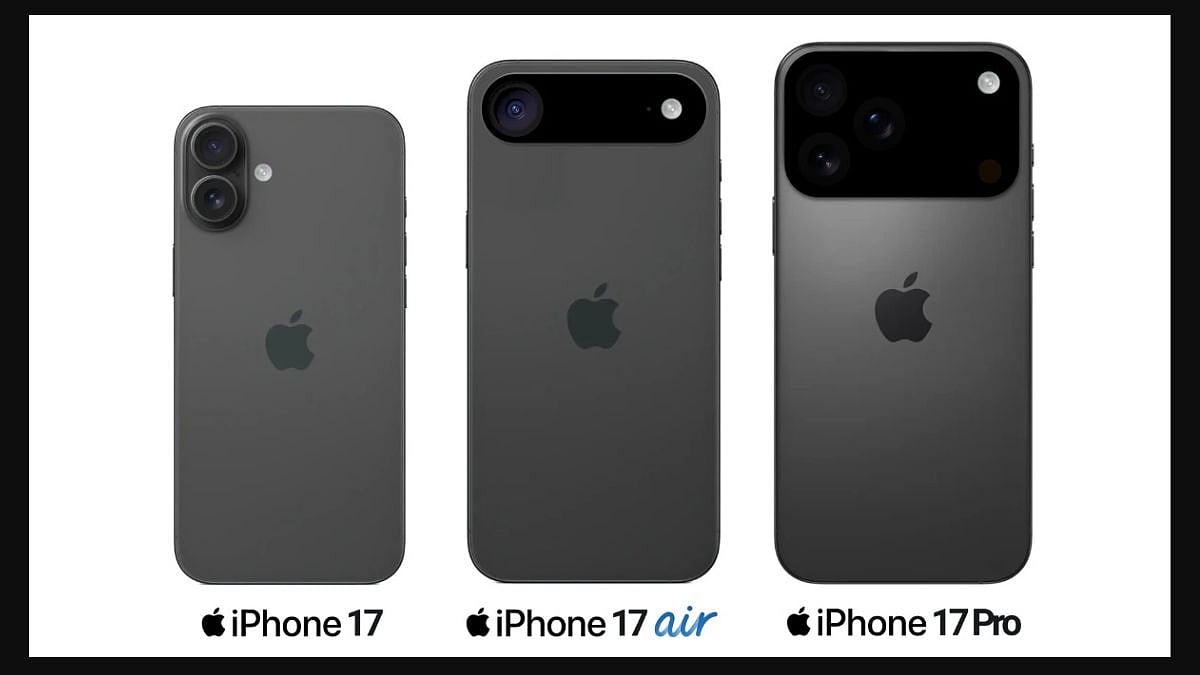Key Highlights:
- RBI’s CMS portal helps customers resolve banking, NBFC, and digital payment issues.
- Complaints can be filed 30 days after approaching the bank without resolution.
- Most issues are resolved within one month through a fair and neutral process.
If you're struggling with unresolved issues with your bank and not getting a satisfactory response, there's no need to worry. The Reserve Bank of India (RBI) provides an online platform called the Complaint Management System (CMS) where customers can file complaints.
This portal covers issues related to banks, NBFCs, and digital payment services. Complaints are handled by a neutral authority (Banking Ombudsman) with the power to issue binding orders if necessary.
How to File a Complaint: Step-by-Step Guide
You can lodge your complaint in just a few simple steps:
Visit rbi.org.in.
Fill in your name, contact details, bank name, and complaint category.
Upload supporting documents, such as email communication with the bank, reference numbers, or screenshots.
Submit the complaint and receive a tracking reference number to monitor the status.
It's best to wait 30 days after registering your complaint with the bank before escalating it to the RBI.
What Complaints Does RBI Accept?
Through the CMS portal, RBI entertains complaints such as:
- Deficiencies in banking services
- Failure or delays in UPI/ATM/payment transactions
- Unauthorised debit transactions
- Refund issues on charges or failed payments
- Loan-related complaints
However, the RBI does not consider complaints purely related to bank policies, terms of contract, or decisions where no service deficiency is evident. Whether your complaint is eligible is determined under the Ombudsman Scheme policy.
What Happens After You File a Complaint?
Once you file a complaint:
RBI forwards it to the concerned bank or financial institution, which must respond within a set timeline.
If the bank fails to respond or the issue remains unresolved, the Banking Ombudsman steps in directly.
You may be called for an interview or mediation between you and the bank.
Most complaints are resolved within 30 days. If the Ombudsman issues an order, the bank is legally required to comply.
What If You’re Not Satisfied With the Outcome?
If you disagree with the Ombudsman’s decision:
You have the right to appeal to the RBI’s Appellate Authority within 30 days of the order.
If still unsatisfied, you can approach the Consumer Court or take legal action.










